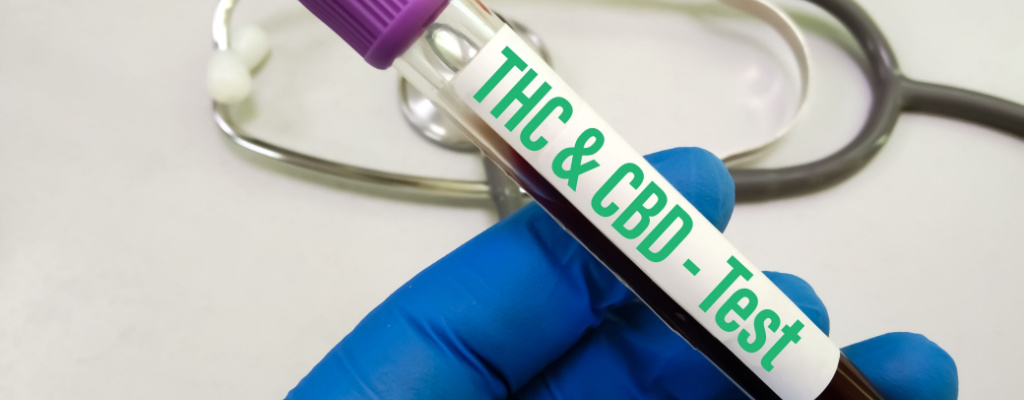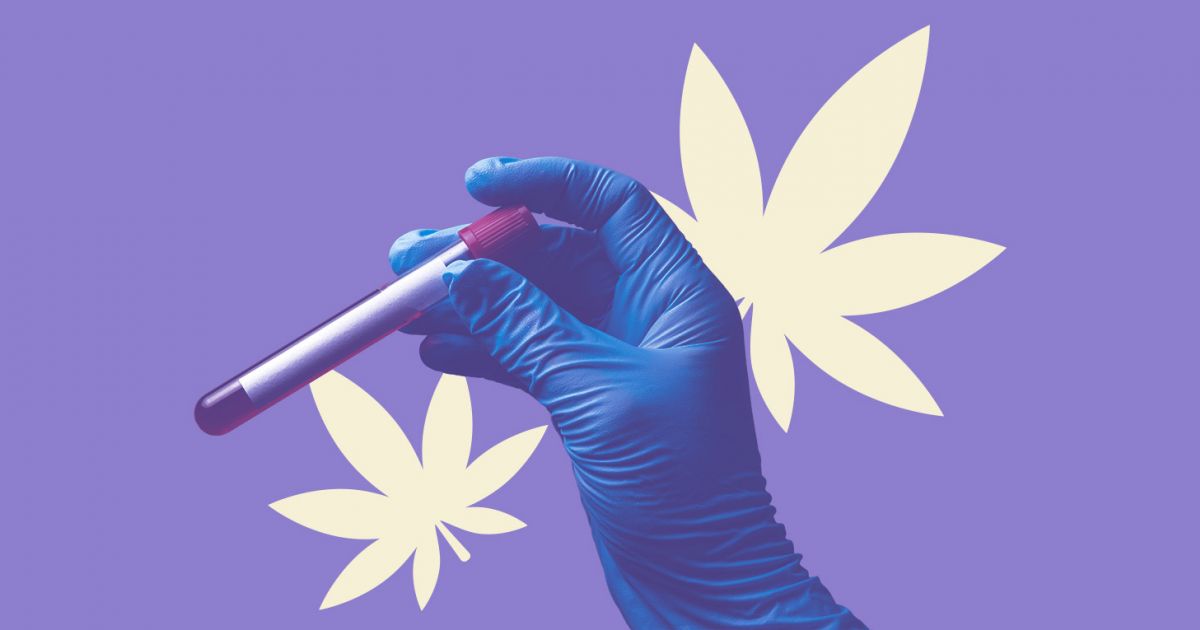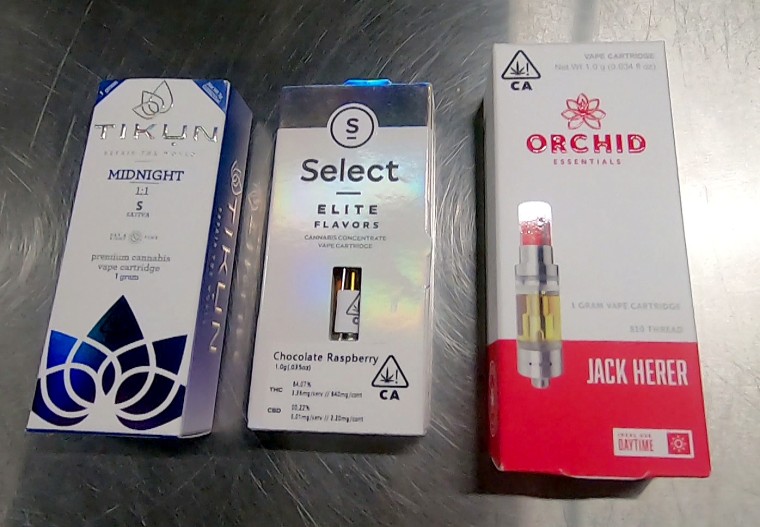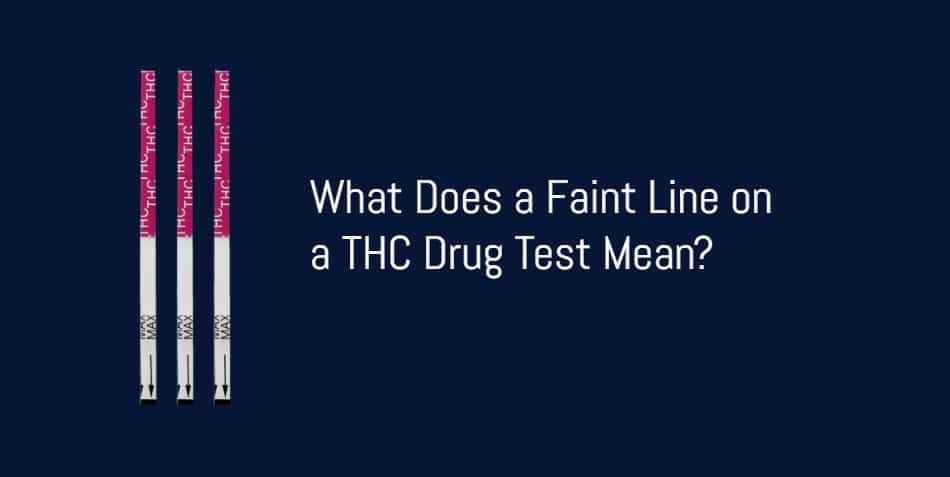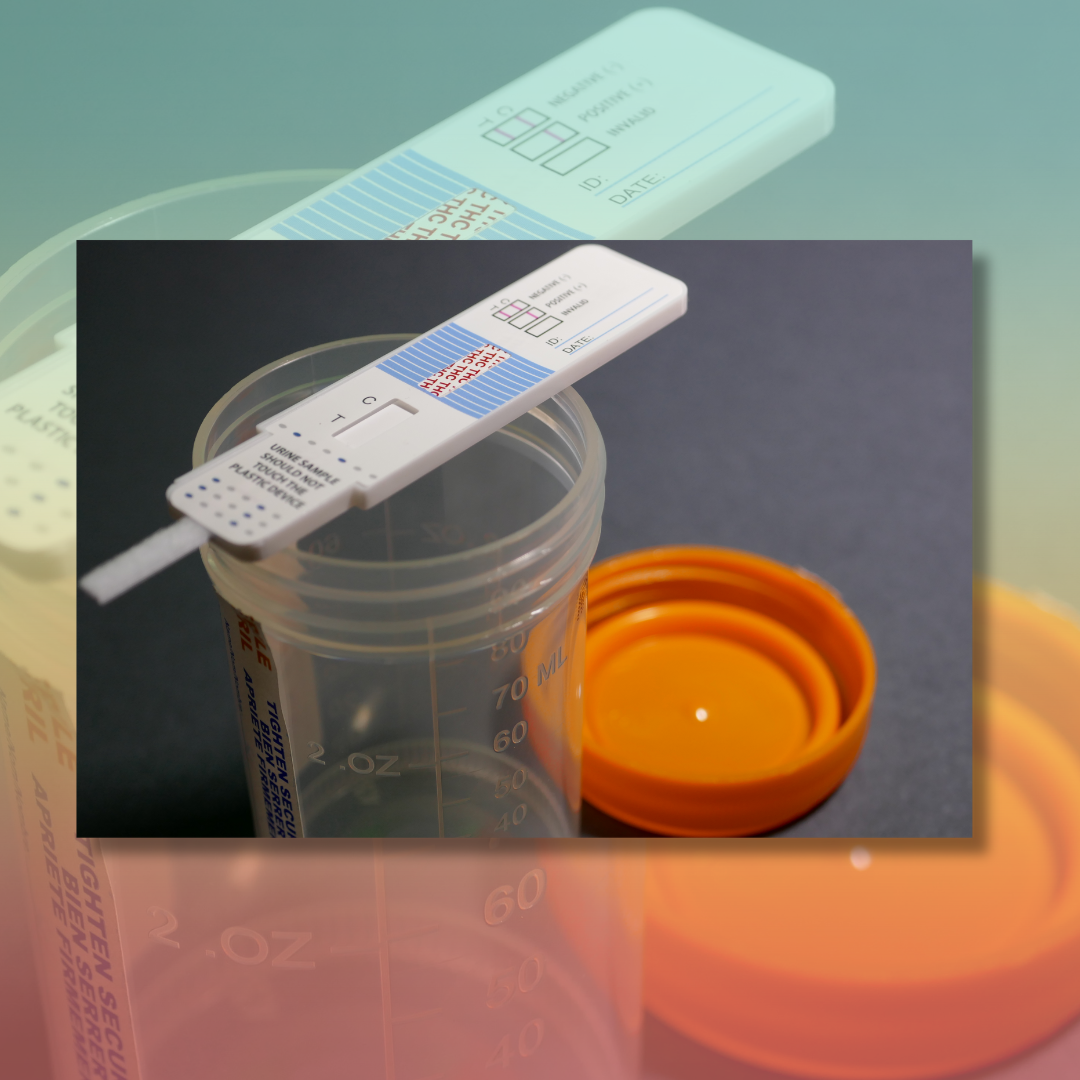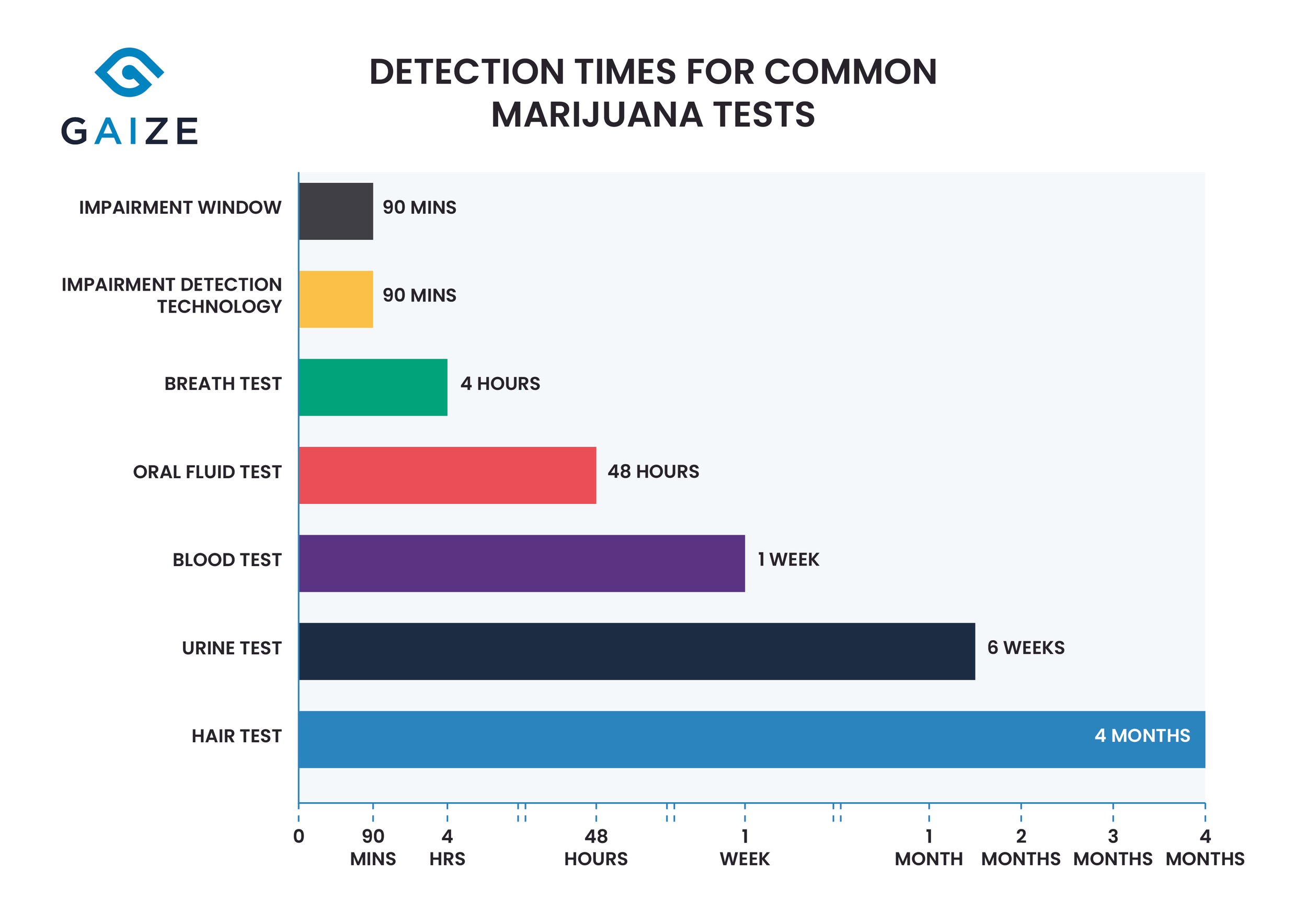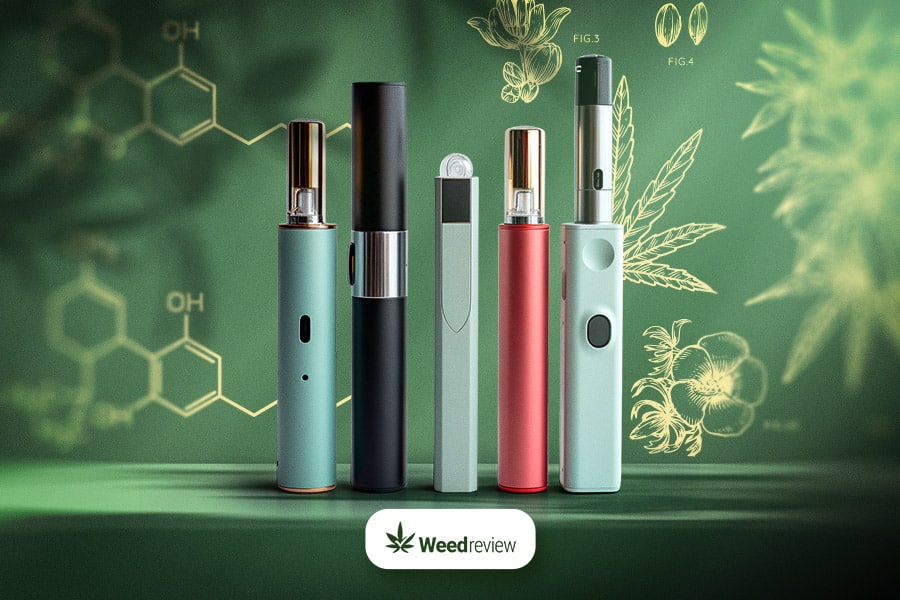Do Thc Vapes Show On Drug Tests

The increasing popularity of THC vapes has raised a pressing question for many: do they show up on drug tests? As vaping becomes a more common method of cannabis consumption, individuals are seeking clarity on how these products might affect their employment, legal obligations, and personal lives.
Understanding the detection of THC from vapes on drug tests requires navigating the complexities of drug metabolism, testing methodologies, and variations in individual physiology. This article explores these factors to provide a comprehensive overview of the issue.
Understanding THC and Drug Testing
The psychoactive component in cannabis, delta-9-tetrahydrocannabinol (THC), is the substance drug tests typically screen for. When cannabis is consumed, THC is metabolized by the body into various compounds, including THC-COOH. This metabolite is the primary target for most standard drug tests.
Different drug tests have varying detection windows, sensitivity levels, and methods of analysis. The most common types include urine tests, blood tests, saliva tests, and hair follicle tests.
Urine Tests: The Most Common Method
Urine drug tests are widely used due to their cost-effectiveness and relatively long detection window. THC-COOH can typically be detected in urine for several days to weeks after cannabis use, depending on factors such as frequency of use, metabolism, and hydration levels.
According to the National Drug Court Institute, infrequent users may test positive for THC metabolites for approximately 3 days. In contrast, heavy users may test positive for 30 days or even longer.
Blood Tests: A Shorter Detection Window
Blood tests offer a shorter detection window compared to urine tests, typically detecting THC for only a few hours to a few days after use. Blood tests are more invasive and expensive and are therefore less commonly used for routine drug screening.
They are often used in situations where recent use needs to be confirmed, such as in cases of suspected driving under the influence.
Saliva Tests: Ease of Administration
Saliva tests are relatively easy to administer and provide a shorter detection window, generally detecting THC for up to 24-72 hours after use. They are becoming increasingly popular for roadside drug testing and workplace screening due to their non-invasive nature.
The detection window can vary depending on the sensitivity of the test and the individual's saliva production.
Hair Follicle Tests: Long-Term Detection
Hair follicle tests offer the longest detection window, potentially detecting THC for up to 90 days. These tests analyze the hair shaft for drug metabolites embedded within it.
While providing a longer history of drug use, hair follicle tests are more expensive and may be less sensitive to infrequent or very light use. They are often used in situations where a long-term history of drug use is relevant.
THC Vapes vs. Traditional Cannabis: Does it Matter?
Whether THC is consumed through vaping or traditional smoking, the same primary metabolite, THC-COOH, is produced. Therefore, the method of consumption generally does not significantly alter the detectability of THC on drug tests.
However, the concentration of THC in vapes can vary widely, potentially influencing the amount of THC metabolites produced in the body. Some vapes contain extremely high levels of THC, which could lead to higher concentrations of THC metabolites and a longer detection window.
Dosage control with vapes can be challenging, potentially leading to inconsistent levels of THC exposure.
Factors Influencing Detection Time
Several factors can influence how long THC from vapes remains detectable on drug tests. These include:
- Frequency of Use: Regular or heavy users will generally have longer detection windows than occasional users.
- Metabolism: Individuals with faster metabolisms may process THC more quickly, leading to shorter detection windows.
- Body Fat: THC is stored in fat cells, so individuals with higher body fat percentages may retain THC metabolites for longer periods.
- Hydration Levels: Dehydration can concentrate THC metabolites in urine, potentially leading to a longer detection time.
- Test Sensitivity: Different drug tests have varying sensitivity levels, which can affect the detection window.
The Legal and Employment Landscape
The increasing legalization of cannabis in various jurisdictions has created a complex landscape regarding drug testing policies. While some states have legalized recreational or medical cannabis, employers and other organizations may still have the right to conduct drug tests and enforce zero-tolerance policies.
Employees who use THC vapes, even in states where cannabis is legal, may face potential employment consequences if they test positive for THC. It is crucial for individuals to be aware of their employer's drug testing policies and any applicable legal regulations.
The Society for Human Resource Management (SHRM) provides resources and guidance for employers on navigating drug testing policies in a changing legal environment.
Case Study: The Impact on Individuals
Consider the case of Sarah, a registered nurse in a state where medical cannabis is legal. She uses THC vapes to manage chronic pain, under the guidance of her physician.
However, her hospital's drug testing policy prohibits the use of any cannabis products, regardless of legal status. Sarah faces the difficult choice of managing her pain or risking her job.
The Future of THC Testing
As cannabis legalization continues to spread, there is growing interest in developing more accurate and reliable methods for detecting impairment rather than simply detecting the presence of THC metabolites. Some researchers are exploring alternative biomarkers and technologies to assess real-time impairment.
Breathalyzer-style devices that measure THC levels in breath are being developed, but their accuracy and reliability are still under investigation. These technologies aim to provide a more objective measure of impairment, similar to how alcohol breathalyzers are used.
The development of such technologies could significantly impact drug testing policies and practices in the future.
Conclusion
THC from vapes does indeed show up on drug tests, and the detection window depends on various factors. Understanding these factors and the nuances of drug testing methodologies is crucial for individuals who use THC vapes.
Staying informed about legal regulations, employment policies, and evolving testing technologies is essential for navigating the complexities of this issue. Individuals should consult with legal professionals or HR representatives for specific guidance related to their circumstances.
